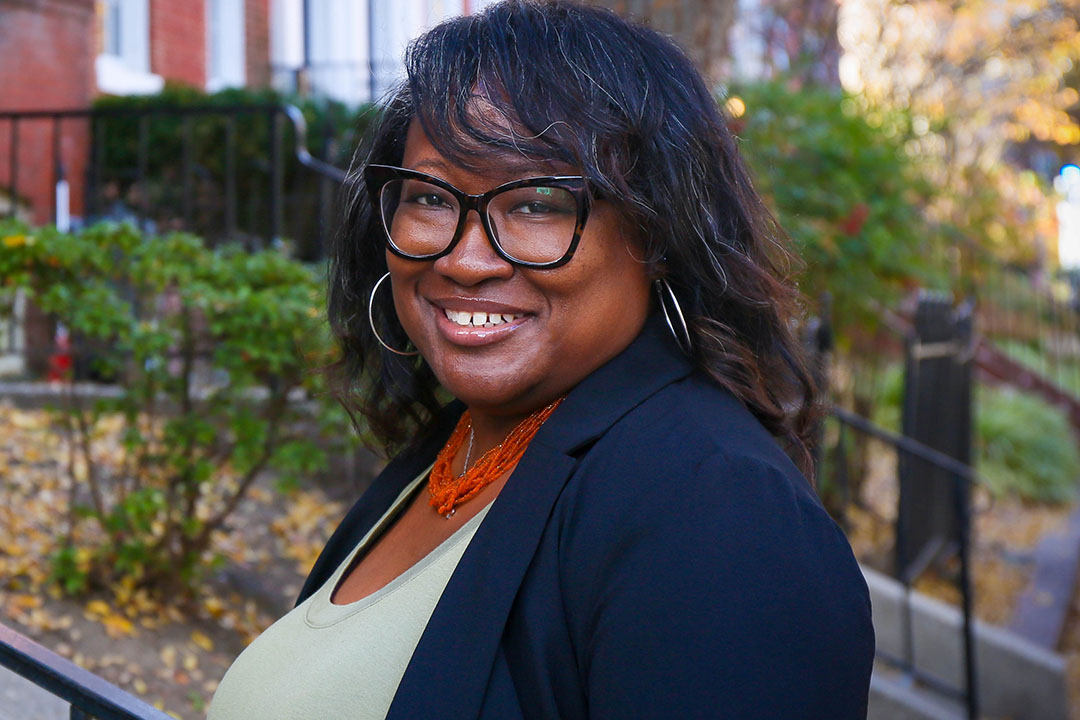Dr. Jameta Barlow, an Associate Professor of Writing and Health Policy & Management and Women's Gender and Sexuality Studies, has been chosen as one of the 2024 Robert H. Smith International Center for Jefferson Studies Short Term Fellowships for her research project “Uncovering, Exploring and Interrogating the Philosophy of Science of Thomas Jefferson.”
The fellowship program at the Robert H. Smith International Center for Jefferson Studies promotes research of Jefferson’s life and times and the community at Monticello. The Center offers short-term fellowships for domestic and international scholars to consult with Monticello scholars and librarians and to utilize the resources of the Jefferson Library, the University of Virginia libraries, the Digital Archaeological Archive of Comparative Slavery (DAACS), and Getting Word African American Oral History Project.
Abstract of “Uncovering, Exploring and Interrogating the Philosophy of Science of Thomas Jefferson:”
It is widely documented that Thomas Jefferson was a scientist, inventor, and patron of science who not only was a keen observer of nature, but used botany, meteorology, astronomy and surveying to further his passion about science and knowledge. His inventions, work in agriculture, archeological methods and architecture designs furthered this passion. This project engages with Jefferson Quotes and Family Letters, Retirement Series and the Plantation database materials and African American Oral History Project to interrogate Thomas Jefferson’s values, beliefs, knowledge production and approaches to science and health for himself, his family and the enslaved populations on his plantation. As a Charlottesville native, the goal is to provide a landscape of health and approaches to health during the time of advances in science and the legacy of slavery. I will align the primary source material with policies to better understand the processes contributing to science and health. My next book project will engage in critical fabulation to re-present information, sequence of events and divergent narratives. I will make visible the production of Black women’s bodies as disposable, when not profitable. This practice of recombinant narratives for the purpose of understanding contemporary phenomena is not meant to offer narrative restraint, or the filling of gaps and surmising intention. Rather, the intent of this practice is to understand the root of health inequities of Black girls’ and women’s health by examining colonialism and the precarity of an unrecoverable past, informed by the archive, policies and narratives to re-imagine future approaches to equitable health.


